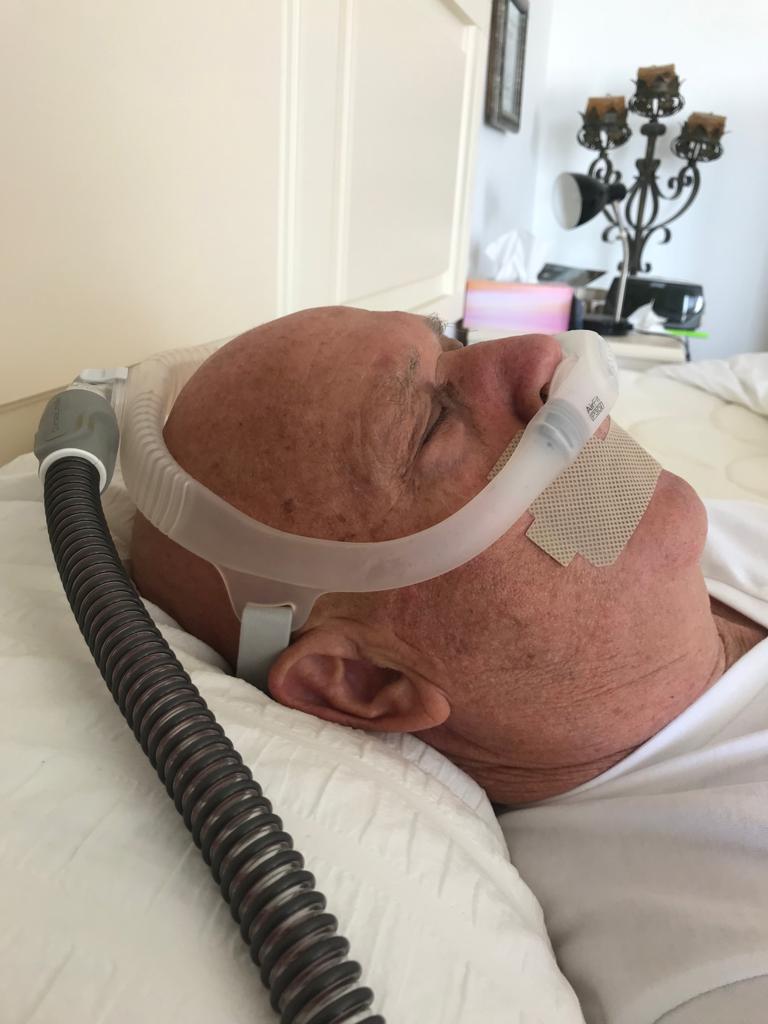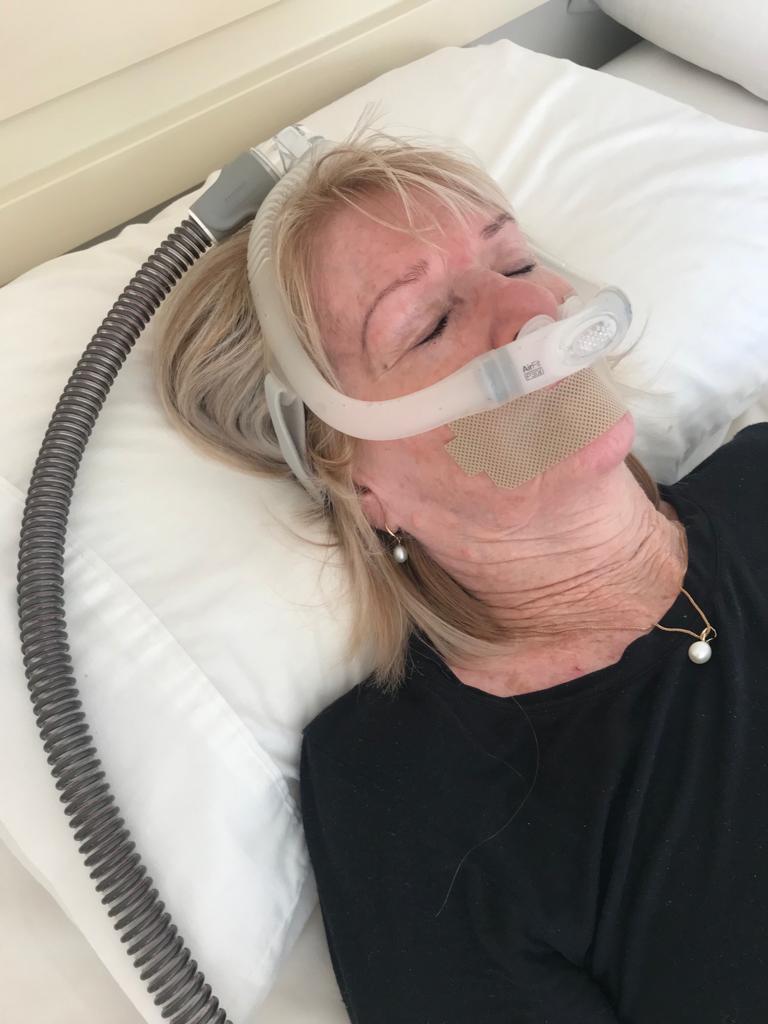Prevent dry mouth while sleeping:
A dry mouth, also known as xerostomia, can be a discomforting and potentially health-compromising condition that many individuals experience, especially during sleep. Waking up with a parched, sticky feeling in the mouth is not only unpleasant but can also lead to a range of problems, including dental issues, bad breath, and difficulty in swallowing. This article aims to delve into the causes and symptoms of dry mouth during sleep and offers practical, evidence-based strategies to prevent and alleviate this common problem.
Having a dry mouth while sleeping can be a serious issue, making it difficult to rest comfortably. In order to prevent dry mouth while sleeping, there are a few simple hacks that can help ensure a good night’s sleep. In this blog post, we’ll explore a few of these hacks so that you can sleep soundly and wake up feeling refreshed.
Causes of Dry Mouth
Dry mouth, or xerostomia, occurs when the salivary glands do not produce enough saliva to keep the mouth adequately moist. Saliva serves multiple crucial functions, including aiding in digestion, maintaining oral hygiene, and preventing infections. It is a natural lubricant, helping in speaking and swallowing, and it also plays a role in controlling the pH balance in the mouth. When the mouth is dry, these essential functions can be compromised. Several factors can contribute to dry mouth, and it is essential to identify the underlying cause to address the issue effectively. Some common causes of dry mouth include:
- Medications: Many prescription and over-the-counter medications, such as antihistamines, decongestants, diuretics, and antidepressants, can cause dry mouth as a side effect.
- Dehydration: Insufficient water intake or excessive loss of fluids, whether through sweating, vomiting, or diarrhea, can lead to dehydration and dry mouth.
- Medical Conditions: Certain medical conditions, including diabetes, Sjögren’s syndrome, and autoimmune disorders, can reduce saliva production.
- Aging: As people age, they may experience reduced saliva production as a natural part of the aging process.
- Smoking and Tobacco Use: Smoking and tobacco use can lead to dry mouth and increase the risk of gum disease and oral cancers.
- Alcohol and Caffeine: Both alcohol and caffeine can have a dehydrating effect, leading to dry mouth, especially when consumed in excess.
- Breathing Through the Mouth: Habitual mouth breathing, often due to nasal congestion, can dry out the oral mucosa.
- Stress and Anxiety: High-stress levels and anxiety can lead to a dry mouth, as the body’s stress response may reduce saliva production.
Consequences of Dry Mouth While Sleeping:
A dry mouth while sleeping can have several consequences that can affect your overall health and well-being. One of the most common consequences is bad breath. When the mouth is dry, it becomes a breeding ground for bacteria, which can lead to foul-smelling breath. It can not only be embarrassing but also affect your confidence and social interactions.
Another consequence of dry mouth is tooth decay and gum disease. Saliva plays a crucial role in neutralizing acids and washing away food particles and bacteria from the mouth. Without enough saliva, these substances can build up and contribute to cavities and gum inflammation. It can lead to tooth sensitivity, pain, and even tooth loss if left untreated.
Dry mouth can also impact your sleep quality. Without sufficient saliva, the mouth and throat can become dry and irritated, making it difficult to breathe correctly. It can result in snoring, sleep apnea, and frequent awakenings during the night. In turn, this can lead to daytime fatigue, difficulty concentrating, and overall reduced productivity.
Lastly, chronic dry mouth can increase the risk of oral infections such as thrush, a fungal infection caused by an overgrowth of Candida yeast. It can cause white patches on the tongue and inside the mouth, as well as discomfort and difficulty swallowing. To prevent dry mouth while sleeping and its consequences, it’s essential to implement strategies that promote saliva production and maintain good oral hygiene.
Hacks to Combat dry mouth while sleeping:
If you struggle with dry mouth while sleeping, there are several effective hacks you can try to alleviate this uncomfortable condition and get a good night’s sleep. One hack is to keep your mouth moist with the proper habits. It can include sipping water throughout the day, using a humidifier in your bedroom, and avoiding smoking and alcohol consumption.
Another helpful hack is to manage your medications to avoid dry mouth while sleeping. If you’re taking medications that have dry mouth as a side effect, speak with your doctor to see if there are alternatives available. They may be able to prescribe a different medication or adjust your dosage to minimize the dry mouth symptoms.
Staying hydrated throughout the day is another essential hack to combat dry mouth while sleeping. Make sure to drink enough water and fluids throughout the day to maintain proper hydration levels. However, it can help promote saliva production and keep your mouth moisturized while you sleep.
Using a saliva substitute can also be beneficial. These products are designed to mimic saliva and can help alleviate the dryness and discomfort associated with dry mouth. Incorporating a saliva substitute into your bedtime routine can provide relief and promote a more restful sleep.
Lastly, there are over-the-counter products available specifically designed to alleviate dry mouth symptoms. These can include mouthwashes, lozenges, and sprays that help stimulate saliva production and provide temporary relief from dry mouth.
By implementing these hacks, you can combat dry mouth while sleeping and wake up feeling refreshed and well-rested. Remember, it’s essential to consult with your doctor if dry mouth persists or if you have any concerns.
Keep your mouth moist with the right habits:
In order to keep your mouth moist with the proper habits and prevent dry mouth while sleeping, it’s essential to develop the right habits. One of the simplest and most effective habits is to sip water throughout the day. By staying hydrated, you can promote saliva production and ensure that your mouth stays moisturized.
Using a humidifier in your bedroom can also be a game-changer. This device adds moisture to the air, preventing the dryness that can contribute to dry mouth. Not only will this help alleviate your symptoms, but it can also improve your overall sleep quality.
Avoiding smoking and alcohol consumption is another important habit to maintain moisture in your mouth. Both smoking and alcohol can cause dehydration and reduce saliva production, leading to dry mouth. By cutting back on these habits, you can significantly reduce your risk of experiencing dry mouth while sleeping.
Lastly, practicing good oral hygiene can help keep your mouth moist. Brushing your teeth twice a day, flossing, and using a mouth rinse can promote saliva production and prevent dryness. Additionally, avoiding foods and beverages that are high in sugar or acidic can help maintain a healthy balance in your mouth.
By incorporating these habits into your daily routine, you can keep your mouth moist and prevent dry mouth while sleeping. Remember, consistency is vital, so make these habits a priority for optimal results.




